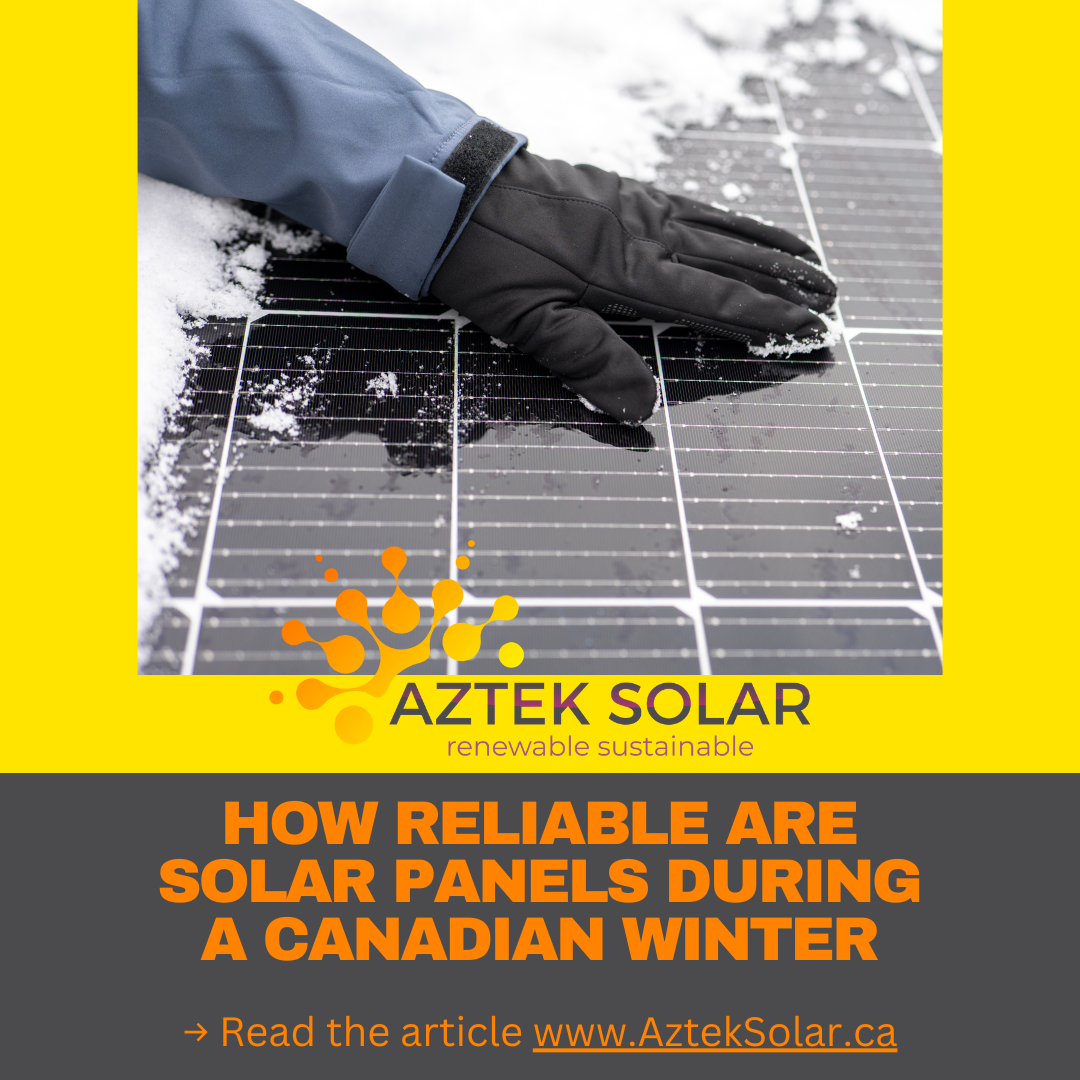Why shouldn't I buy my solar panels on Amazon and do it myself?
Let’s start with… How Do Solar Panels Work?
Solar energy begins with the sun. Solar panels (also known as "PV panels") are used to convert light from the sun, which is composed of particles of energy called "photons", into electricity that can be used to power electrical loads.
Solar panels collect clean renewable energy in the form of sunlight and convert that light into electricity which can then be used to provide power for electrical loads. Solar panels are composed of several individual solar cells which are themselves composed of layers of silicon, phosphorus (which provides the negative charge), and boron (which provides the positive charge). Solar panels absorb the photons and in doing so initiate an electric current. An average home has more than enough roof area for the necessary number of solar panels to produce enough solar electricity to supply all its power needs. Excess electricity generated goes onto the main power grid, paying off in electricity use at night.
Simply put, a solar panel works by allowing photons, or particles of light, to knock electrons free from atoms, generating a flow of electricity. Solar panels comprise many, smaller units called photovoltaic cells. (Photovoltaic simply means they convert sunlight into electricity.) Many cells linked together make up a solar panel.
Each photovoltaic cell is basically a sandwich made up of two slices of semiconducting material, usually silicon.
To work, photovoltaic cells need to establish an electric field. To get this field, manufacturers "dope" silicon with other materials, giving each slice of the sandwich a positive or negative electrical charge. Specifically, they seed phosphorus into the top layer of silicon, which adds extra electrons, with a negative charge, to that layer. Meanwhile, the bottom layer gets a dose of boron, which results in fewer electrons, or a positive charge. This all adds up to an electric field at the junction between the silicon layers. Then, when a photon of sunlight knocks an electron free, the electric field will push that electron out of the silicon junction. Metal conductive plates on the sides of the cell collect the electrons and transfer them to wires. At that point, the electrons can flow like any other source of electricity.
Why do you need a Solar technician for installing a residential solar system?
Installing your own solar panels can be a risk to your own personal safety and to your property for two main reasons: the height at which panels are typically installed and the fact that you’re working with a complex electrical system. Unless you are working with a team of trained, certified professionals equipped with all the experience and tools needed to work safely, it simply is not worth it. When exposed to sunlight, a solar panel can produce a couple of hundred volts of electricity. That is certainly enough to inflict serious harm if accidentally or mistakenly touched. In addition to personal harm, you could potentially damage the building on which you have installed the solar system. Electricity will be flowing through the wires. If the components were not installed properly, the system could, potentially, damage itself, or even worse, start an electrical fire.
When it comes to installing an expensive electrical system on your property, finding someone who knows what they are doing can save you both time and money in the long run. Your solar installer will also help you complete and file the permits and applications that you need to submit to get your solar energy system up and running. This is particularly important because your utility will not let you connect your system to the grid without sign-off from a certified electrician. Lastly, it is important to note that many equipment manufacturers will only honor their warranties if a qualified installer installed their equipment.
Aztek Solar is here to help. Schedule a free consultation
with the Aztek Solar Team today.
Thanks for Reading!
Brian McKay
(aka The Solar Guy)



For more information about a Solar Energy Solution, including Whole Home Solar PV and Solar Pool Heating solutions for your home or business, please contact AZTEK SOLAR for your free on-site evaluation and ask about the $3,000 cash-back rebate now available.
AZTEK SOLAR is a leading Nova Scotia residential and commercial solar installer, serving Halifax, Dartmouth and the surrounding areas throughout rural Nova Scotia.
With expertise in a wide variety of systems, including Solar PV (grid-tied) systems, solar hot water and solar pool heating systems, AZTEK SOLAR has helped hundreds of Atlantic Canadian homeowners, farm operations, business owners and municipalities lower their energy bills while reducing their carbon footprint.
#SolarIsNow #RenewableEnergy #AztekSolar


SUBSCRIBE TO OUR NEWS
Contact Us
Thank you for subscribing. We are happy to share our news with you!
- Brian McKay / Aztek Solar
Please try again later.
© 2021+ Aztek Solar Ltd. | All Rights Reserved
© 2021+ Aztek Solar Ltd. | All Rights Reserved
Digital Marketing by AtlanticOnline.ca

